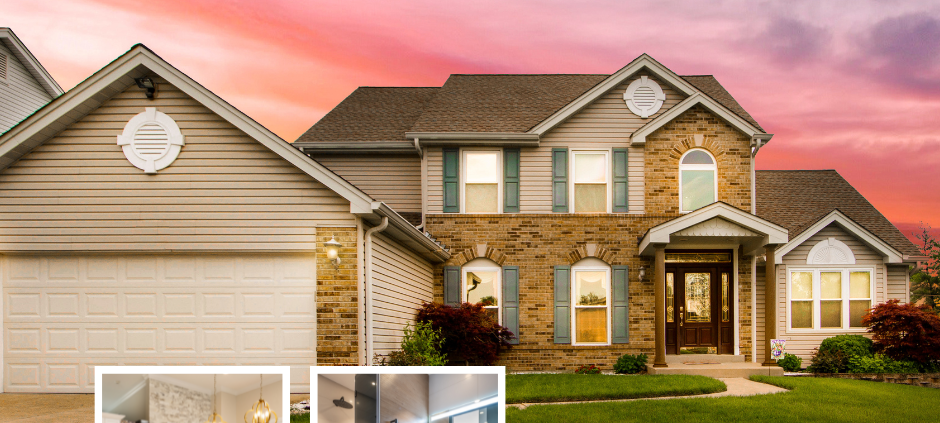Winter Electrical Safety Tips
 Around the home maintenance that can save you from costly repairs.
Around the home maintenance that can save you from costly repairs.
It’s that time of year again: the air is cold, snow is starting to fall and you’re trying to stay cozy and warm inside your home. You might rely on heating equipment to do so. According to the Electrical Safety Foundation, heating equipment purchases increase during the winter months, and using heating equipment increases the chance of electrical fires, electrocutions and injuries.
We want you to stay safe and warm this winter. Keep these tips in mind to help avoid electrical hazards throughout your home.
Space Heaters
According to the Consumer Product Safety Commission, between 2017 and 2019, space heaters were involved in 1,700 fires, resulting in 70 deaths and 160 injuries each year.
When used correctly, space heaters can provide extra comfort. Follow these steps to ensure they’re used safely:
- Space heaters should never be used to warm bedding, dry clothes or thaw pipes. Keep anything that could catch fire at least three feet away.
- Always turn a space heater off when sleeping or leaving the room.
- Don’t let children or pets come too close or leave a space heater near a sleeping person.
- Space heaters should be plugged in directly to a wall outlet. Never use a power strip or extension cord.
- Inspect your space heater for damage before using, including the cord, to prevent electrocution, fire or injury.
Generators
While portable generators can provide emergency power to help you manage through an outage, they can cause serious injury or death if not used properly. In fact, according to the Electrical Safety Foundation, 50% of all portable-generator-related carbon monoxide deaths happen November through February.
If using a generator during a power outage, always:
- Make sure generators are installed correctly. Whole-house generators and wiring for use with portable generators should be installed by a licensed electrician and must include a proper isolation device. A generator that is not isolated can feed electricity back onto power lines, creating a hazard situation for the public, first responders and line workers.
- Follow the manufacturer’s instructions.
- Operate the generator outside of the home, including the garage, and place it at least 20 feet away with the exhaust pointed away from any building. Gasoline or diesel-powered generators can produce as much carbon monoxide as hundreds of cars.
- Turn it off and wait for it to cool down before refueling. Never refuel it while it is running.
- Ensure carbon monoxide detectors are installed throughout your home and functioning properly. You cannot see, smell or taste carbon monoxide.
Appliances and Other Electrical Hazards
Electrical hazards can be hidden in unexpected places throughout your home. Take these important precautions this winter:
- Never use an oven, stove or grill to heat your home or dry clothes.
- An electric blanket should never be folded while being used. This can damage the wires inside and cause it to overheat or spark.
- Have a qualified professional clean and inspect fireplaces and chimneys every year.
- Only plug one heat producing appliance into an outlet at a time.
- During a power outage, use battery-powered flashlights or lanterns instead of candles for light. If candles are used, never leave them burning unattended.
With seasonal conditions also comes the threat of hazards caused by downed power lines. Each year, people are injured or killed by accidental contact with electrical equipment. If you’re ever unsure if an activity poses a risk, keep these three words in mind:
- STOP. Stop what you’re doing and stay at least 30 feet away from downed or damaged electrical equipment.
- LOOK. Look around for hazards and call 911 for help.
- LIVE. Prevent serious injury by taking safety precautions.
If you find your self with fire damages as a result of a faulty Electrical Appliance, our Insurance Restoration team can assist you. Our process includes working with your home insurance provided to get the you maximum amount of dollars to cover the cost of your repairs, and we’ll completed the work with no out of pocket cost to you.




